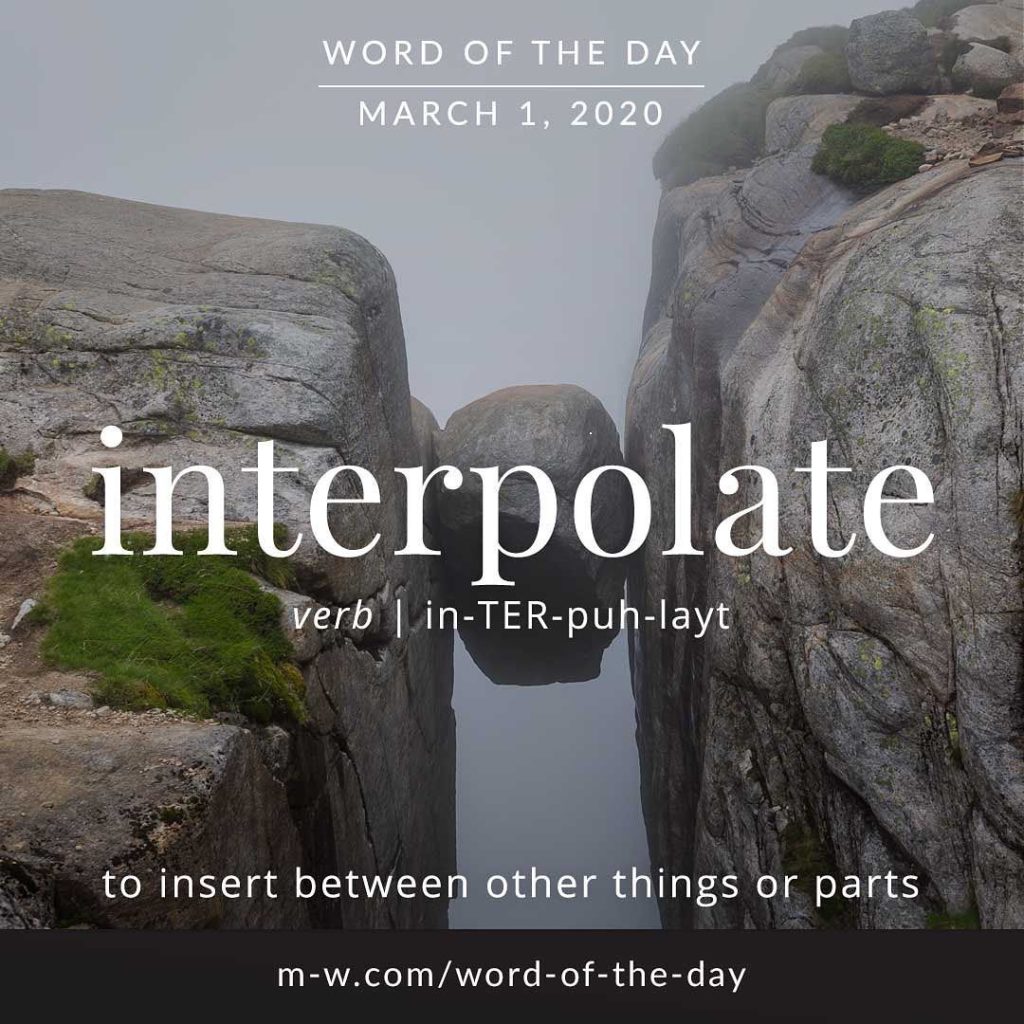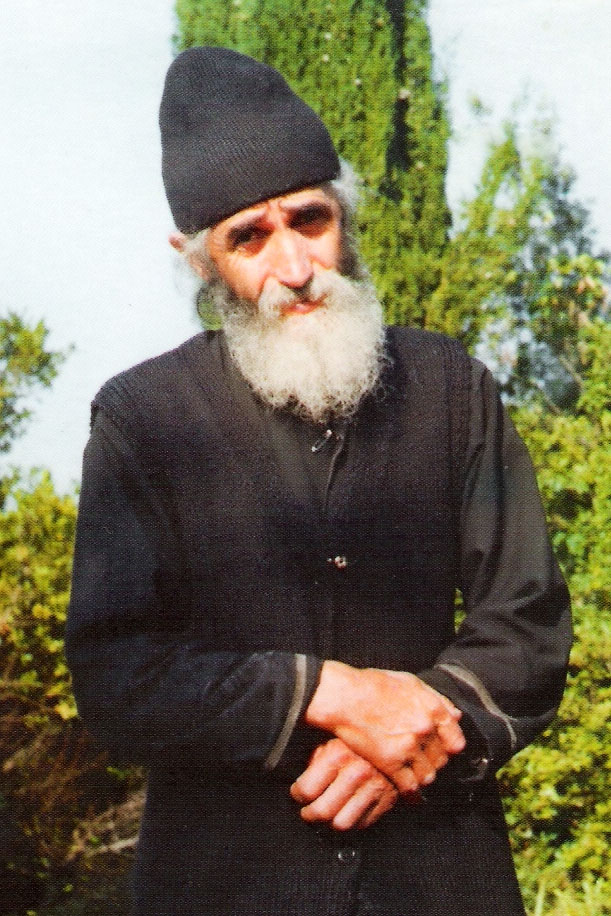In Part 3, after reviewing the prayer book in relation to the Orthodox view about the Last Days/End of the Age, as well as related translation inconsistencies, let us now look into another eschatological subject, that of the Second Coming and the dreaded Final Judgment.
The Akathist to Our Sweetest Lord Jesus Christ says:
“…Thou art our Lord and God, Who sittest with the father and wilt come to judge the living and the dead.”
page 140
No Preterism here, however the Slavonic parallel has all verbal forms in present tense and lacks the word come. Transliterated it would look like:
…yako Gospod’ i Bog esi, sedyay so Otsem, i hotyay suditi zhivim i mertvim.
page 141
A more accurate translation would read:
“…Thou art our Lord and God, who sittest (sits) with the Father and wilt (wills or wants) to judge the living and the dead.”
The original Slavonic, instead of having Christ coming in the future to judge the living and the dead, as the translator conveyed, it has Him willing or wanting to do that now. It doesn’t say He IS judging now, but the phrase is ambiguous enough to include that as a possibility. The Orthodox, like most Futurists, believe that all men will face a personal judgment at death and then, at the End of the Age, another final judgment along with the general resurrection. Preterists say that the general resurrection and judgment took place between 66 to 70AD and that now, in the New Covenant Age, all men will face the personal judgment and resurrection upon dying. At face value, the Slavonic prayer has our Lord willing/wanting to do that in current age, and possibly doing it. At face value it seems to be referring to the personal resurrection, although this would be unusual, as virtually always a discussion of the judgment is in relation to the final judgment and any unqualified eschatological usage of the word judgment automatically evoques the Final Judgment. The translator, apparently to fix this possible contradiction, had to interpolate the word “come” to create the future tense “will come,” thus adding a clearly futurist sense, that did not exist in the original.

The prayer-book has no more hints of Preterism concerning the Second Coming or the Judgment, however the general Orthodox position of “now, but not yet” is well represented by Conley’s comments as presented in my introduction article part 2. So it is by Saint Paisios of Mount Athos, canonized in 2015, who said when speaking of those who just died:
“Some are worried about when the Second Coming will be. However, for the dying man, the Second Coming, if it could be so expressed, is already happening. Because man is judged in accordance with the condition he is when death overcomes him.”
Again, for practical matters, this is in great measure congruent with a Preterist position. The difference is that a Preterist believes The Judgment is happening, whereas an Orthodox, or any traditional Christian, believes it is as if it were happening.






